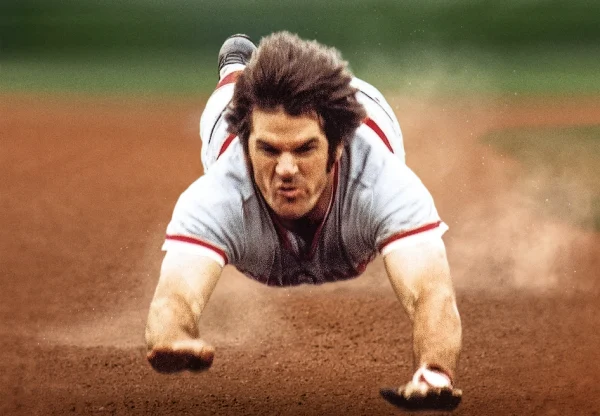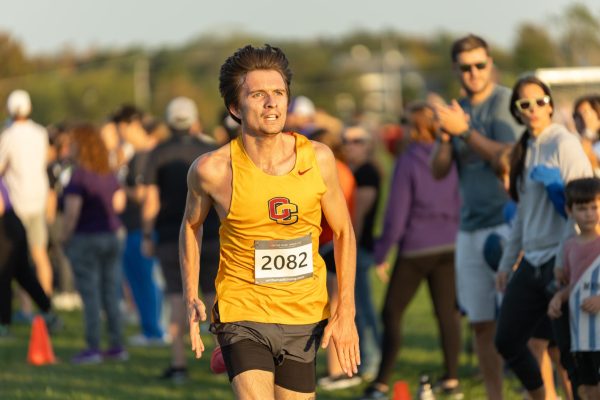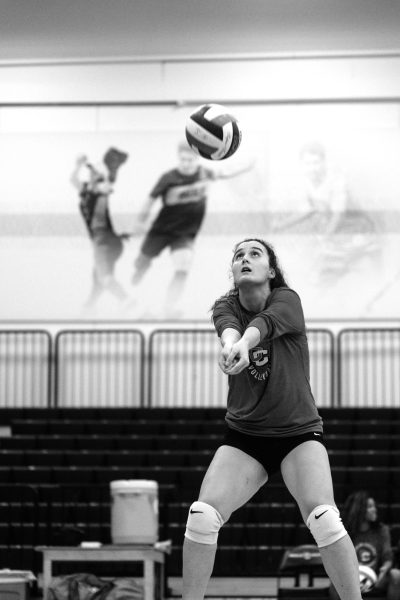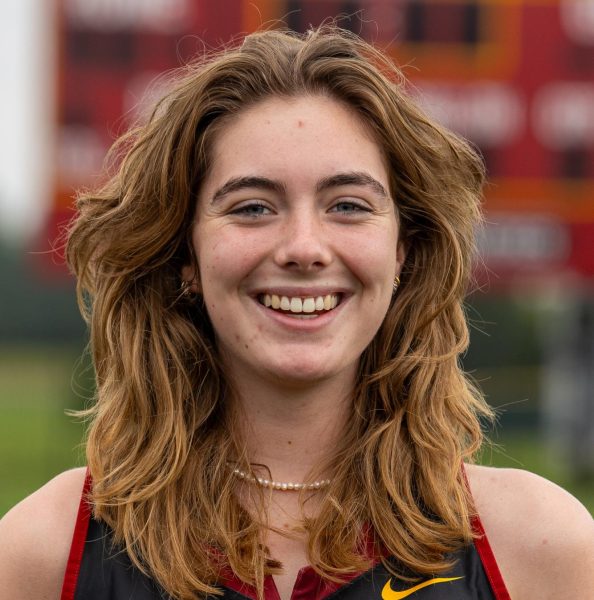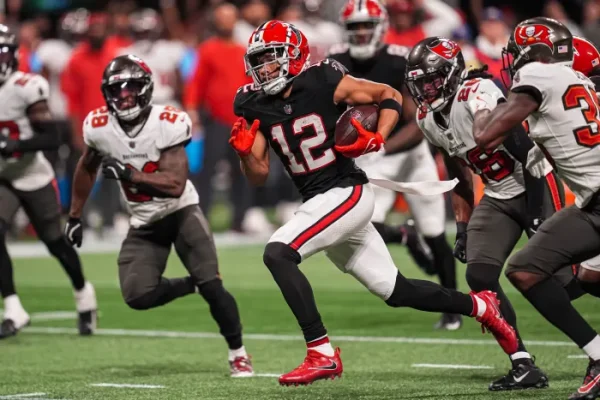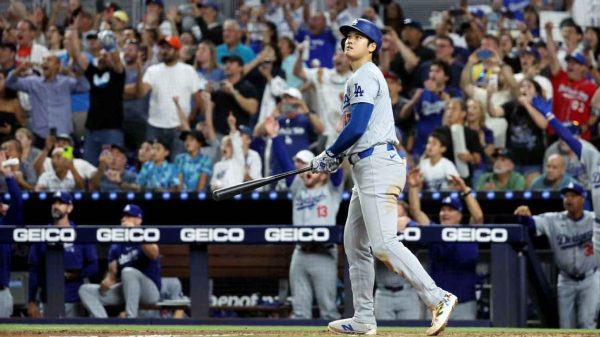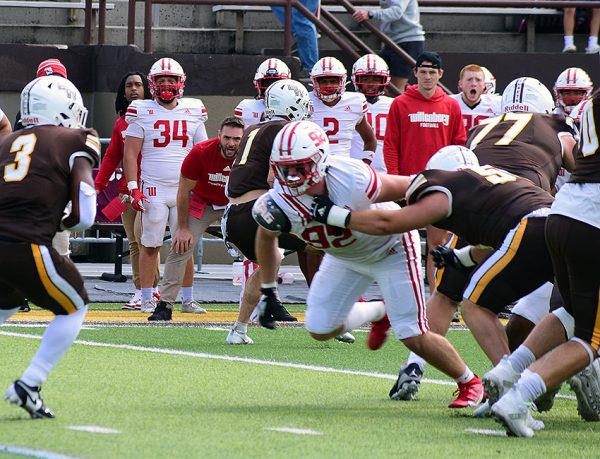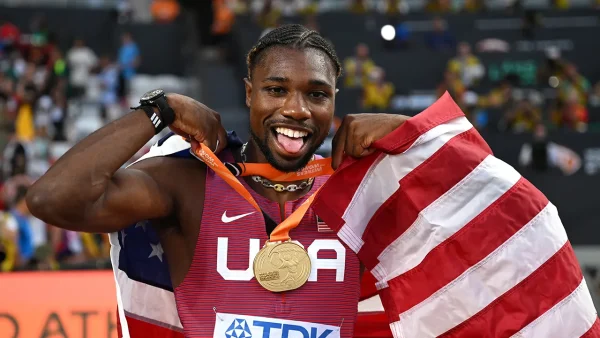14 years After Oberlin City Schools Dumped “Indians,” Cleveland Indians Name Change Drags On
In December 2020, the Cleveland Indians of Major League Baseball announced that they would retire their offensive name following the 2021 season. Although many viewed the announcement as long overdue, it was still good news to activists who have advocated for the switch for years. Unfortunately, that excitement was diminished when, recently, team owner Paul Dolan said the name change may not happen until after the 2022 season.
This topic is quite familiar for long-time Oberlin residents — the local public school system previously had the same team name until their mascot was changed to “The Phoenix” in 2007 following activism from the community.
Professor of Rhetoric and Composition Laurie McMillin was active in advocating for a name change for Oberlin Schools’ sports teams. McMillin’s book Buried Indians describes how her hometown in Wisconsin, and white America as a whole, has intentionally tried to cover up the atrocities committed against Native Americans. In the book, she wrote about how mascots and names for towns function as fake memorials.
“The idea that mascots somehow honor Native Americans seems [to be] a kind of cover-up,” McMillin said. “A way to mask and forget a horrible, violent history.”
McMillin and other Oberlin students and professors had conversations with Cleveland Indians co-owner and Oberlin College trustee Larry Dolan in 1999 and 2000 about changing the team’s name. According to McMillin, Dolan seemed to understand the issue at this time.
However, it has been more than two decades since, and Dolan’s son and the team’s current chairman and CEO, Paul Dolan, has moved slowly to change the name.
The Oberlin School’s name change happened much quicker, but it was still a fierce battle.
“I think we underestimated the degree to which some townspeople identified with the Indians name, and it was especially tricky because it became something of a class issue that had complex racial dimensions,” McMillin said.
Despite the difficulties, Oberlin came together to make the change. McMillin noted other key figures in movement including Oberlin resident Jen Schultz, Robert Roche of the American Indian Movement, the Oberlin High School Athletic Director at the time Nancy Boutilier, Marci Alegant of the school board, Oberlin Schools Superintendent Geoff Andrews, and well-known Native American activist and Cleveland AIM Director Sundance.
Sundance may be the most notable activist against mascots that depict Native Americans in Ohio. He has been featured in several major news outlets for his work to promote a name change for the Cleveland Indians and his work was central to the Oberlin Schools name change 14 years ago.
His issue with the team name “Indians” is rooted in his own experiences of discrimination. He experienced it in Oberlin stores, banks, and on the street since he moved to Oberlin in 2004 — someone once approached him in downtown Oberlin and referred to his son as an “eskimo baby.”
“It’s about the environment that is created when you have a symbol that is dehumanizing,” he said. “People do not see you as a real person.”
McMillin reached out to Sundance to address the issue of the local schools’ team names, and they got together to present their case to the school board.
Director of Conservatory Admissions and Enrollment Management and former Oberlin School Board member Beth Weiss recalls how Sundance demonstrated to the Oberlin School Board that the team name was widely viewed as offensive in the Native American community.
“Sundance presented documentation about how hundreds of Native American organizations had signed petitions indicating that they did not wish to be honored or represented in that way,” she said. “He and these groups supported the idea that people are not mascots.”
The school board meetings dedicated to the issue were emotional and passionate, with Sundance, McMillin, and others advocating for a new name meeting opposition from alums of Oberlin High School. For Sundance, the key was explaining that the name change was not an insult to the history of Oberlin Schools athletics, but instead a way to ensure everyone’s identity was treated with equal levels of respect.
He believes that people did not feel comfortable confronting him as a Native American, so they targeted the white people involved — such as McMillin.
“[McMillin] took the brunt of the heat,” Sundance said.
Despite opposition, the board agreed after about a year to change the name. They decided that the sports teams would go by “The Phoenix.”
Since the dropping of the name, Sundance has seen other positive changes in the Oberlin community, such as the celebration of Indigenous Peoples’ Day. He believes there has been increased pride among Native American people in the community.
As the Executive Director of Cleveland AIM, Sundance has consistently put pressure on the Cleveland Indians to make the same change. This included protesting every year outside the team’s stadium during the home opener. Originally, these protests were silent, a practice he felt the need to change when he became director.
“The silence allowed and even encouraged the fans to be offensive, and they were offensive,” Sundance said. “They were belligerent, belittling, and as offensive as they could be. [For me], as an indigenous person, having my voice heard made me feel better than just being silent.”
Sundance believes that the protests started to gain traction when they incorporated signs that read “A dollar to Major League Baseball is a dollar towards racism.” This led to what he called a “gentleman’s agreement” between the Indians and the MLB commissioner to retire the team’s “Chief Wahoo” logo in 2019.
Recently, the team announced fans would no longer be allowed to sport headdresses, face paint, and other stereotypical Native American attire inside the stadium — which is yet another sign of progress.
However, until Cleveland’s uniforms read something other than “Indians” across the chest, the issue is not resolved. Sundance and many others will be protesting outside of Progressive Field during this year’s home opener on April 5.


